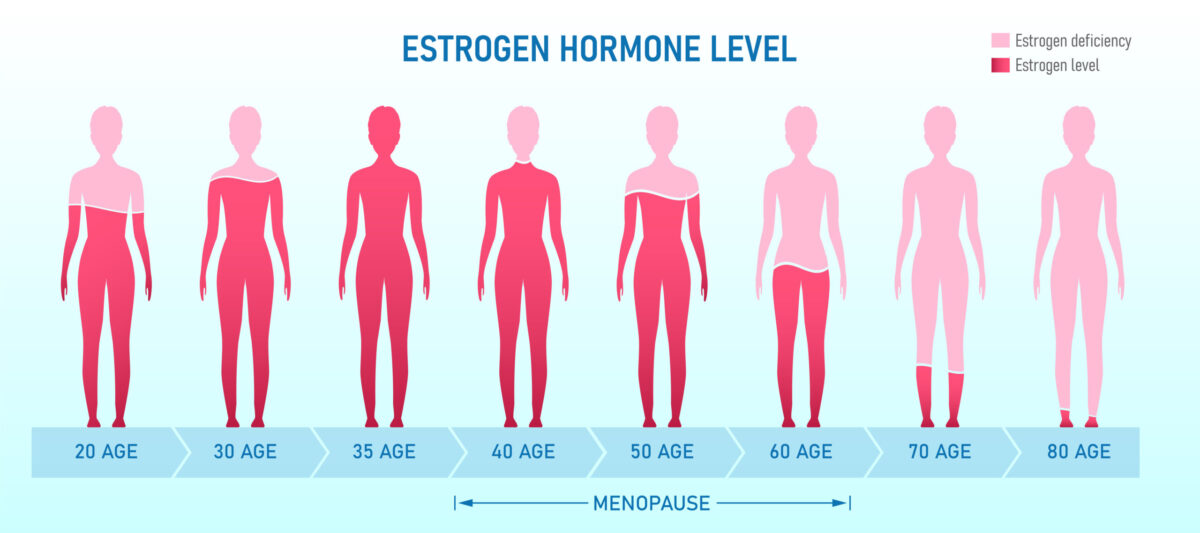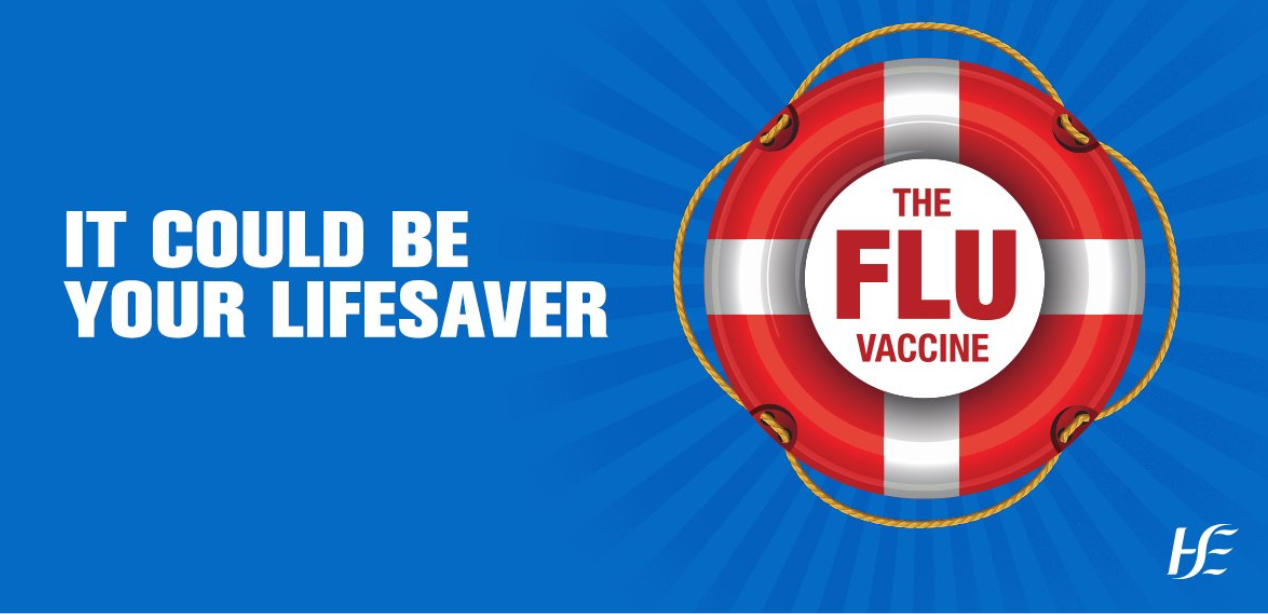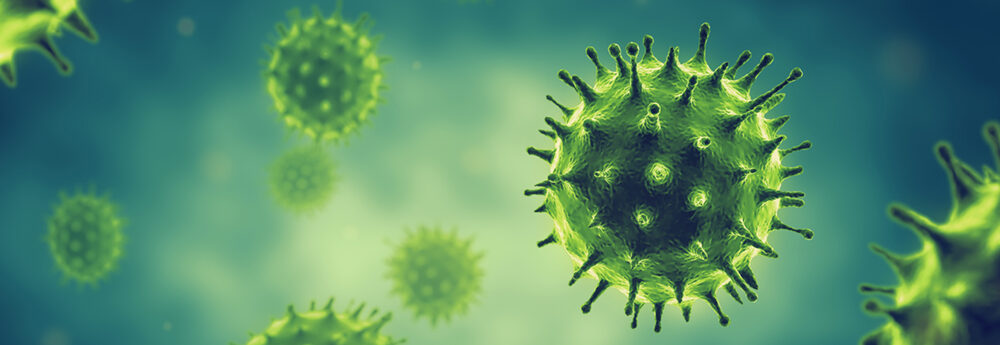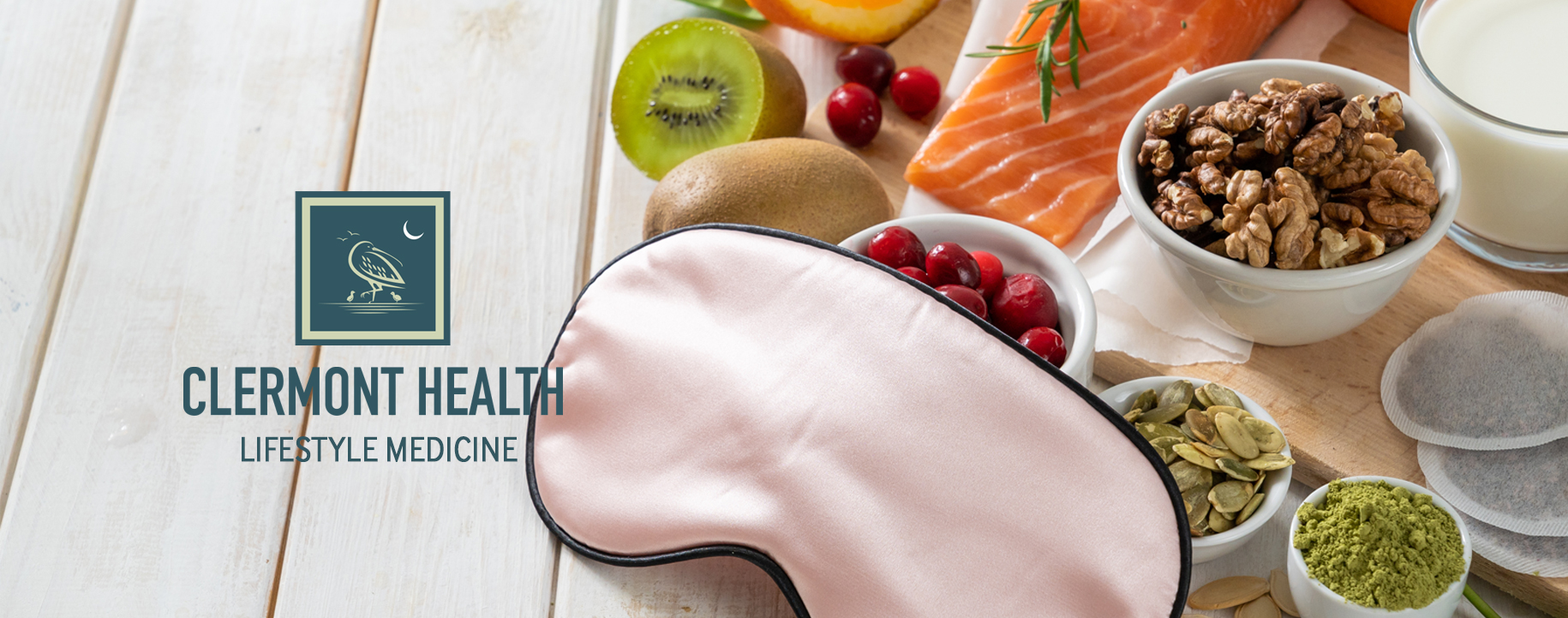
Sleep
In our fast-paced, modern world, sleep is often not prioritised. In fact, a conscious limiting of sleep to the bare minimum is often equated with strength, hard work or productivity. People have been conditioned to wear their lack of sleep like a badge of honour. It is our hope that, by educating on the importance of sleep, we will change this perception and help people reclaim their sleep! Lifestyle Medicine explores how our daytime lifestyle habits can set us up for nighttime sleep and how we can optimise this.
The reasons why we sleep
Sleep is a commonality of all mammals; it is a necessary daily function of life. Indeed, sleep deprivation is recognised by the UN as a banned form of torture (apologies to all new parents). And yes, even fish, such as sharks, need to sleep… however, they have the rather ingenious idea of allowing only half of their brain at a time. How much more productive would you be if half of your brain could catch 40 winks whilst in a work meeting or commuting? Although there is still much we do not understand about sleep, we do know that sleep has a multitude of important functions for living a long, healthy and happy life. Sleep is important for maintaining a healthy weight, blood pressure, blood glucose and lipid levels; it moderates anxiety and mood issues, prevents lethargy, improves immune function and much more.
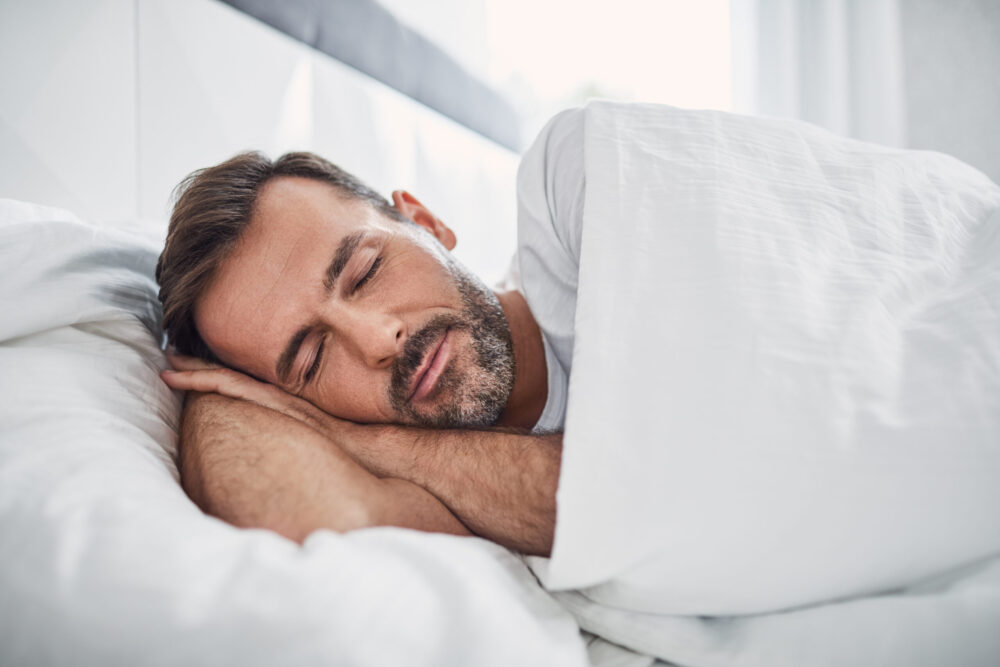
There are 2 main parts to sleep; REM (light) and non-REM (deep). Deep sleep is the part of the sleep earlier in the night where you are rigid and don’t dream. This part of sleep is akin to a ‘washing machine’ whereby the fluid that bathes the brain is washed away and replaced. This is also where short-term memory from the day is dealt with and stored for future reference, i.e., what colour of shirt did the shop assistant have on today, what tasks did I leave for tomorrow, etc. REM sleep occurs more often at the latter end of the sleep, and here, we tend to thrash about a little more. In truth, we cycle through both phases of sleep, and both have significant roles to play in keeping us happy and healthy.
Most of us generally require 7-9 hours of sleep per night for optimal functioning. While we can survive on less, not getting enough quality sleep is a risk factor for many chronic diseases such as :
- Type 2 Diabetes
- Obesity
- High blood pressure and increased risk of cardiovascular disease
- Dementia
- Cancer
Long-term poor sleep can impair the activity of the immune system, impair learning and memory, and may also contribute to depression and anxiety. In turn, poor mental health can also lead to sleep disturbance and a vicious circle of further low energy and insomnia.
Effects of chronic poor sleep
A lack of sleep quality as well as duration is a risk factor for the majority of chronic diseases, including type 2 diabetes, obesity, cardiovascular disease, dementia and more. As well as reducing the activity of your immune system (see below for COVID-related details), long-term poor sleep also impairs learning and memory and may contribute to depression and anxiety. In turn, poor mental health also leads to sleep disturbance and a vicious circle of low energy and insomnia.
The bad news is that it seems as though every aspect of modern life is conspiring to relieve us of a good night’s sleep. Whether it is extended working hours encroaching on down time, the use of devices at night, the ever-growing size of standard coffee cups, or all of the excess worries that a pandemic brings, it can be tricky to find that good night’s sleep. Please see below some tips.
Do Sleeping Tablets Work?
The answer is yes, it depends, but not much. Initially, they have a strong sedative effect. However, this wanes after 2 weeks or so and gradually tapers off. It does depend on which sleeping tablet, as well as interactions with other medications and other substances, especially alcohol. A meta-analysis, estimates they only achieve an extra 20 minutes of sleep per night. Balanced against the increased risk of falls, driving accidents and general brain fog, good sleep hygiene is a much better idea.
Sleep and Immunity
While there is a paucity of data looking at the effect of sleep and COVID-19, we already know that shift workers had elevated COVID-19 incidence and severity risks. The below studies highlight how sleep may adversely affect immunity:
https://www.ncbi.nlm.nih.gov/pmc/articles/PMC5554442/pdf/nihms889580.pdf
Volunteers with insomnia mounted an inferior immune response to the influenza vaccine;
https://academic.oup.com/sleep/article/38/9/1353/2417971
164 volunteers were quarantined for a week and then given rhinovirus intranasally. Those who under slept were twice as likely to get the cold.
Good Sleep Tips
- Practice ‘sleep hygiene’ – your room should be cool, quiet and ideally pitch black (remember how babies like to sleep!)
- Avoid caffeinated drinks (soft drinks, tea, coffee) after 2 p.m. or perhaps avoid completely. Caffeine has a half-life of 6 hours. This means drinking a large cup of coffee at 2 p.m. is the same as drinking a small cup at 8 a.m.
- Are you reliant on caffeine because of chronic sleep deprivation…which is caused by the caffeine in the first place?
- Try to go to bed and wake up at the same time every day
- Think how little babies develop good sleep habits, we aren’t that different. We like the pre-sleep wind-down and the sleep routine, and we can all get a little cranky without sleep.
- Avoid TV, phones or other electronics 30-45 minutes before bed.
- Some phones and computers may have a blue-light-blocking app, but it is better to avoid it altogether. There is no filter for stressful news updates, social media posts or late-night work emails.
- Try not to eat too close to bedtime, 3 hours before bed would be ideal.
- Eliminate or limit drinking alcohol in the evenings.
- Try to get some natural bright light first thing in the morning. Simply standing outside on waking is enough to tell your brain what time it is and set your internal body clock for the day.

